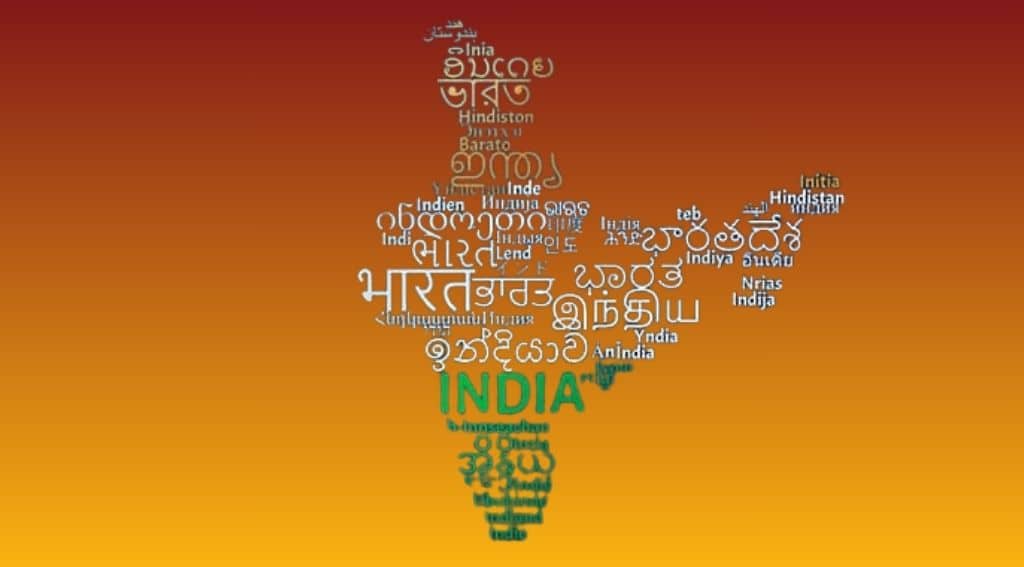Tech giants race to adapt AI for India’s multilingual market

India, with its 1.4 billion people, is a country of immense diversity, not least in its linguistic landscape. With 22 official languages and thousands of dialects, it presents a unique challenge and opportunity for artificial intelligence (AI) development. Global tech companies and local start-ups are racing to adapt AI platforms to cater to this vast range of languages and industries, aiming to unlock new markets in the world’s most populous country.
Microsoft, Google, and start-ups like Sarvam AI and Krutrim, backed by Silicon Valley, are at the forefront of this race. They are developing AI voice assistants and chatbots that function in Indian languages such as Hindi and Tamil. These tools are targeted at rapidly growing Indian industries, including the country’s extensive customer service and call centre sector.
Google recently launched its Gemini AI assistant in nine Indian languages, while Microsoft’s Copilot AI assistant is available in 12 Indian languages. Microsoft is also working on other projects specifically tailored for India, such as building “tiny” language models at its research centre in Bengaluru. These smaller alternatives to the costly large language models that underpin generative AI can run on smartphones rather than the cloud. This makes them more affordable and potentially better suited to countries like India, where connectivity can be limited.
Microsoft aims to make AI simple, easy to use, and accessible to all customers and partners. Puneet Chandok, President of Microsoft for India and South Asia, emphasizes the importance of contextualizing AI for the Indian context, making it more relevant and precise.
Microsoft is also partnering with Sarvam AI, a Bengaluru-based company founded just last year. Sarvam AI is developing a “full stack” of generative AI tools for Indian businesses and has raised $41 million from investors, including Peak XV, Sequoia’s former India arm, and Menlo Park-based Lightspeed Venture Partners.
Bridging India’s language divide
Investing in local AI companies is becoming increasingly important as governments seek to develop “sovereign AI” that is trained and stored within their borders. Hemant Mohapatra, a partner at Lightspeed, notes that the AI supply chain is beginning to fragment. He argues that if a foundation model is trained in India on Indian citizen data, it needs to be an Indian company, focused on Indian use cases, and Indian-domiciled.
India’s AI race does not involve building large language models (LLMs) from scratch to compete with leaders such as Open AI. The resources and capital required would be too much to make sense. Instead, companies like Sarvam AI are focusing on adapting existing LLMs for Indian languages and using voice data instead of text. This approach is more effective in a country where many prefer to communicate through audio messages rather than in writing.
Bejul Somaia, a partner at Lightspeed, points out that there’s still a massive gap between these underlying models and real-world use cases in countries as complex as India. He believes that in a market like India, an ecosystem needs to spring up to enable companies to use the underlying model capabilities.
Tanuja Ganu, a manager at Microsoft Research in Bengaluru, adds that testing new technologies and tools in a country of India’s size and diversity has an additional benefit: they can be exported elsewhere. She sees India as a test bed for validating technology and exploring how it can be expanded to other parts of the world.






